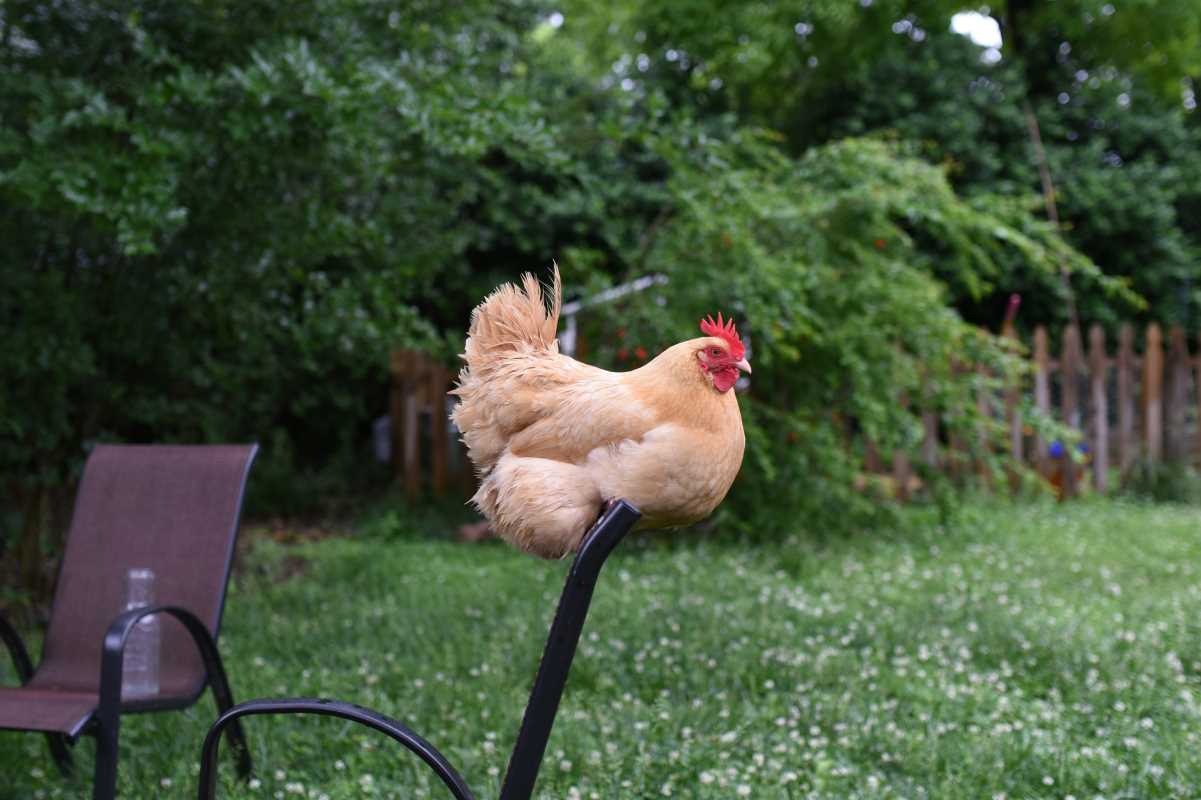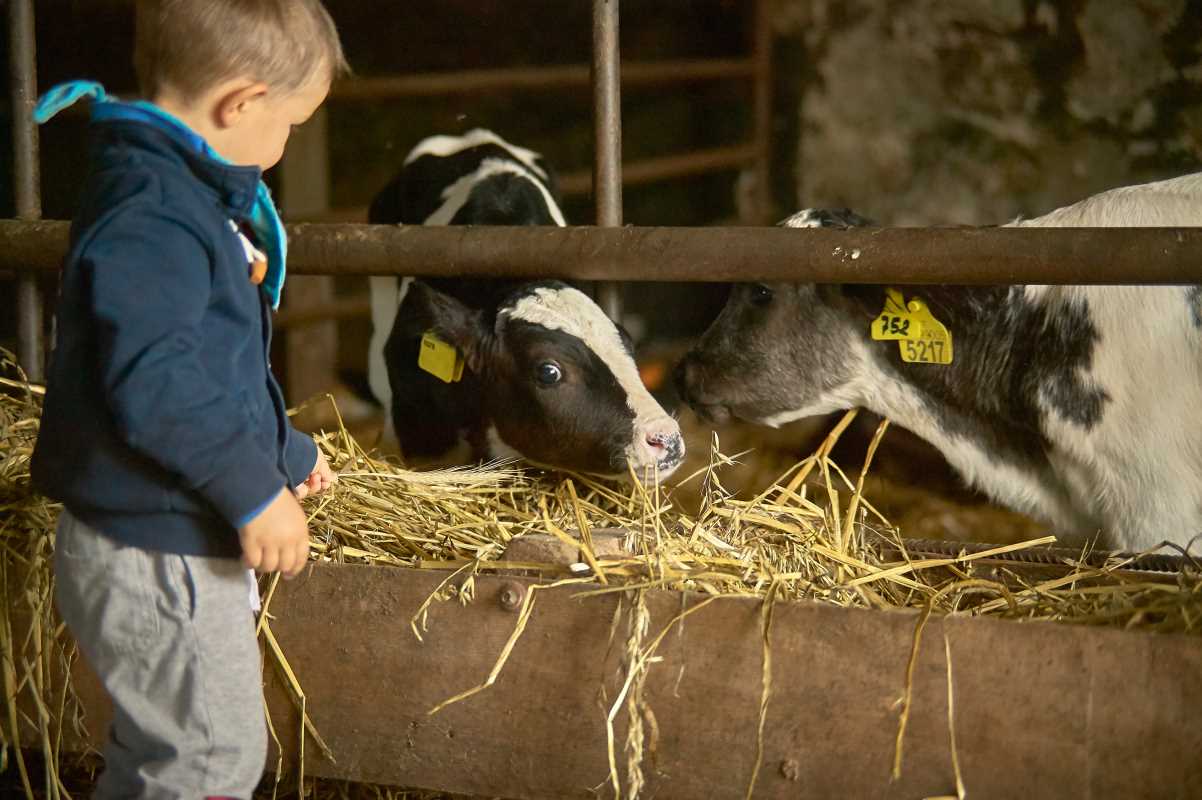Raising chickens at home offers daily enjoyment and a regular source of fresh eggs right from your backyard. Tending to a flock lets you witness their unique personalities and routines, and the direct connection to your food can be incredibly fulfilling. The process requires attention and care, but many find joy in watching their chickens roam, peck, and interact. With thoughtful preparation and a few handy tips, you can create a comfortable environment for your birds and make the most of unused space in your yard. This simple lifestyle change can bring both practical benefits and a new sense of purpose to your routine.
Starting this venture requires careful thought and preparation. From selecting suitable breeds to creating a safe and cozy environment for your chickens, each decision influences your flock's success. Here are 10 essential tips to help you set up an efficient, safe, and enjoyable setup.
Choosing the Right Chicken Breeds
Selecting a breed that fits your needs is the first step in raising healthy chickens. Think about their temperament, egg-laying ability, and care needs to find breeds that match your lifestyle and available space. Different breeds have unique traits that can affect their productivity and how well they get along with your property.
Here are some important comparisons to help you decide:
- Leghorns: Recognized for high egg production and energetic behavior.
- Plymouth Rocks: Friendly and hardy, with good egg-laying skills and a calm temperament.
- Rhode Island Reds: Adaptable birds that handle various climates well and lay a consistent number of eggs.
- Orpingtons: Known for their gentle nature and suitability for colder climates with steady laying performance.
Setting Up Your Chicken Coop and Run
A well-designed coop and run protect your birds and give them a comfortable space to thrive. Focus on durability, ventilation, and easy cleaning to avoid future problems. Your chickens will benefit from a layout that allows them to roam freely while staying safe at night.
Follow these essential setup steps:
- Pick a location with good drainage and minimal exposure to direct sunlight.
- Build or install a coop that provides enough space, proper insulation, and good ventilation.
- Create a secure run area, making sure the perimeter is well-fenced and protected from predators.
- Install perches, nesting boxes, and feeders where your chickens can easily access them.
- Regularly check the coop for signs of damage or wear, and make quick repairs as needed.
Feeding and Watering Your Flock
Providing balanced nutrition keeps your chickens healthy and productive. Make sure your flock gets quality feed, with occasional treats like kitchen scraps or garden greens. Always have clean, fresh water available to prevent dehydration and support overall health.
Watch how your chickens eat and adjust portions based on weather, activity level, and age. Use feeders that reduce spillage and promote even feed distribution throughout the day. Regularly check feeding areas to keep them free of mold or contamination.
Health and Hygiene Practices
Keeping a clean environment helps your flock stay healthy and reduces the risk of disease. Regularly clean the coop, feeders, and water supplies to prevent bacteria and parasites from becoming ongoing problems. Maintain your tools and equipment to support a hygienic environment for your birds.
Perform routine health checks and cleaning tasks using simple guidelines:
- Examine each chicken for signs of injury, respiratory issues, or abnormal behavior.
- Clean the coop and replace bedding weekly to minimize odors and bacterial buildup.
- Disinfect feeders and waterers regularly to prevent infections.
- Stay updated on local poultry health advisories and act quickly if illness appears.
Managing Flock Safety and Predators
Protecting your chickens from predators is crucial. Build secure structures and maintain clear boundaries around the flock's space. Regularly inspect fences and locks to stop intruders from harming your birds.
Create multiple layers of defense to keep your flock safe.
Enjoying Eggs and Sustainability Benefits
Fresh eggs from your own chickens bring nutrition, savings, and satisfaction. Daily egg collecting becomes an enjoyable routine that supports a sustainable lifestyle. Raising chickens teaches valuable animal care and self-sufficiency skills, deepening your connection to nature.
Regular care builds sustainable habits and reduces reliance on store-bought goods. The experience can spark new interests like gardening and natural pest control. Every egg reflects your care and effort, making your routine more rewarding.
Blending traditional and modern practices ensures your flock stays healthy and your home productive. Your efforts support a healthier, more sustainable way of living.
 (Image via
(Image via





